Introduction to Ozmelt D Sachet
Ozmelt D Sachet is used to treat or prevent several conditions, including:
- Osteoporosis (porous bones)
- Rickets (soft bones in children)
- Osteomalacia (soft bones in adults)
- Hypoparathyroidism (underactive parathyroid glands)
- Hypocalcemia (low blood calcium)
- Hypophosphatemia (low blood phosphate)
Additionally, it modulates the immune system, enhancing its function to help fight infections and reduce the risk of autoimmune diseases. In certain digestive disorders, it supports digestive health and nutrient absorption. This medication may also improve muscle strength and function, especially in cases of muscle weakness or atrophy, and manage gastrointestinal disorders affecting nutrient absorption, such as celiac disease and Crohn’s disease. Individuals with kidney disease may require this medication since the kidneys are involved in converting vitamin D into its active form.
Uses of Ozmelt D Sachet
- Vitamin D deficiency
- Osteoporosis and osteopenia
- Rickets
- Autoimmune diseases
- Depression and seasonal affective disorder (SAD)
- Respiratory infections
- Gastrointestinal disorders
- Kidney disease
- Muscle weakness and atrophy
- Digestive disorders
Therapeutic Effects of Ozmelt D Sachet
Interaction of Ozmelt D Sachet with other drugs
More Information about Ozmelt D Sachet
- Stored at room temperature from 20°C to 25°C
- Keep away from moisture, heat, and light.
- It should not be frozen.
- Keep away from children and pets.
How to consume Ozmelt D Sachet
Safety Advices for Ozmelt D Sachet

Pregnancy

Breast Feeding

Driving
Side Effects of Ozmelt D Sachet
Serious
- Hypercalcemia
- Kidney stones
- Soft tissue calcification
Common
- Nausea and vomiting
- Constipation
- Excessive thirst and urination
- Fatigue and weakness
- Headache
Fact Box of Ozmelt D Sachet
Molecule name: Vitamin D3 Cholecalciferol 60000 IU Orally Strips
Pharmacological class: Cholecalciferol
Therapeutic class: Vitamin D analogs
Indications:
1. Vitamin D deficiency
2. Osteoporosis and osteopenia
Rickets
3. Autoimmune diseases
4. Depression and seasonal affective disorder (SAD)
5. Respiratory infections
6. Skin Conditions
7. Gastrointestinal disorders
8. Kidney disease
9. Muscle weakness and atrophy
10. Digestive disorders

 MEDICINES
MEDICINES PATIENT ASSISTANCE PROGRAMS
PATIENT ASSISTANCE PROGRAMS IMPORTED MEDICINES
IMPORTED MEDICINES CONTACT US
CONTACT US Upload
Upload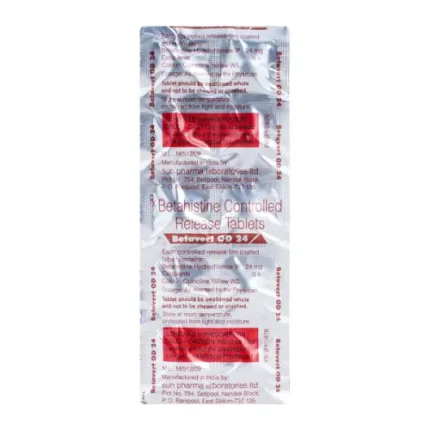

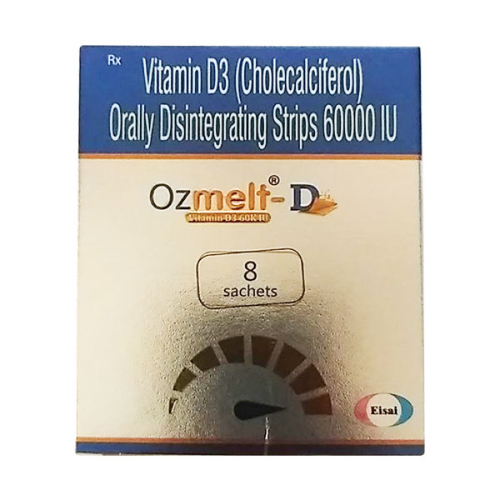


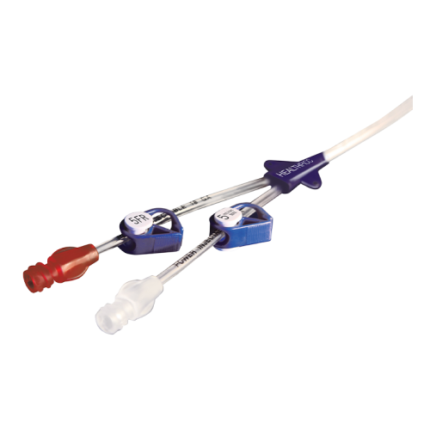


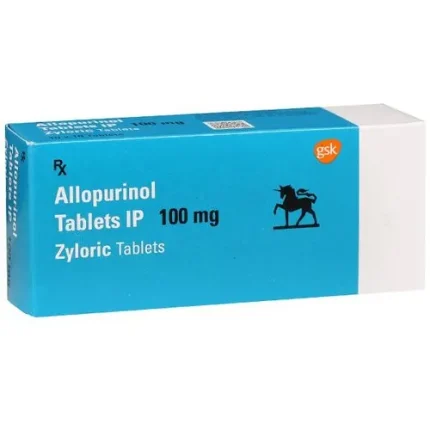

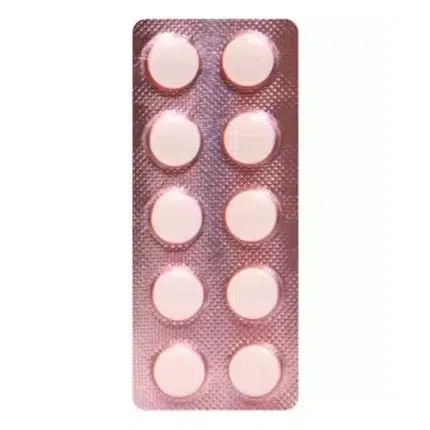

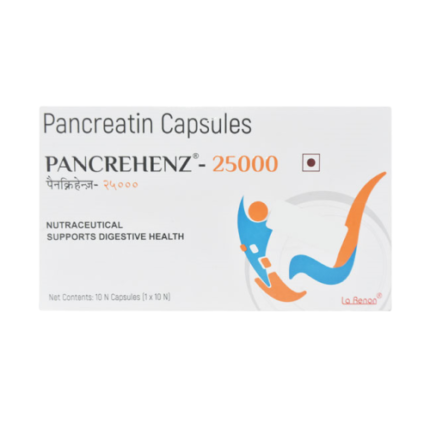
Reviews
There are no reviews yet.